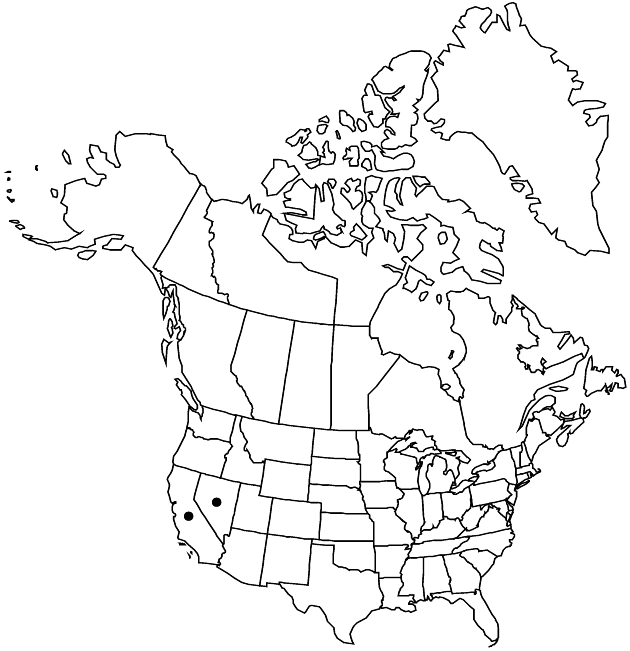Difference between revisions of "Crepis runcinata subsp. hallii"
Publ. Carnegie Inst. Wash. 504: 104, fig. 13. 1938.
Common names: Hall’s or meadow hawksbeard
FNA>Volume Importer |
FNA>Volume Importer |
||
| Line 47: | Line 47: | ||
|publication year=1938 | |publication year=1938 | ||
|special status= | |special status= | ||
| − | |source xml=https://jpend@bitbucket.org/aafc-mbb/fna-data-curation.git/src/ | + | |source xml=https://jpend@bitbucket.org/aafc-mbb/fna-data-curation.git/src/f50eec43f223ca0e34566be0b046453a0960e173/coarse_grained_fna_xml/V19-20-21/V19_310.xml |
|tribe=Asteraceae tribe Cichorieae | |tribe=Asteraceae tribe Cichorieae | ||
|genus=Crepis | |genus=Crepis | ||
Revision as of 21:16, 16 December 2019
Plants 20–60 cm. Leaves: petioles narrowly winged; blades oblanceolate or narrowly obovate, 1.5–3 cm wide, margins coarsely dentate or pinnately lobed (teeth not prominently white-tipped), faces glabrous (glaucous). Heads 5–14. Involucres 9–13 mm. Phyllaries lanceolate, apices acute, faces strongly stipitate-glandular. Cypselae chestnut brown, 4.5–6.5 mm, narrowed, not beaked; pappi 6–7 mm. 2n = 22
Phenology: Flowering Jul–Aug.
Habitat: Moist alkaline meadows, seeps, valley bottoms
Elevation: 1200–2500 m
Discussion
Subspecies hallii is similar to subsp. runcinata, differing mainly in the dentate leaf margins. It differs from subsp. glauca mainly in having stipitate-glandular phyllaries.
Selected References
None.
Lower Taxa
None.
